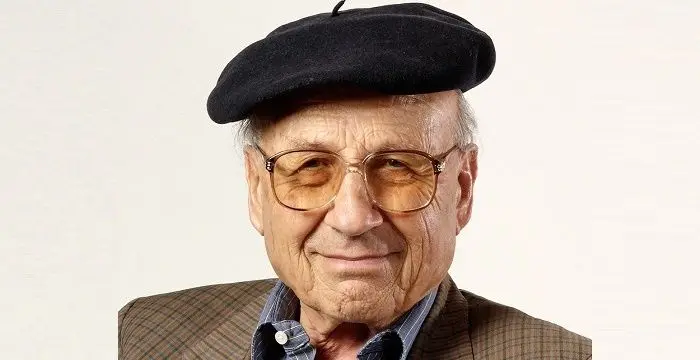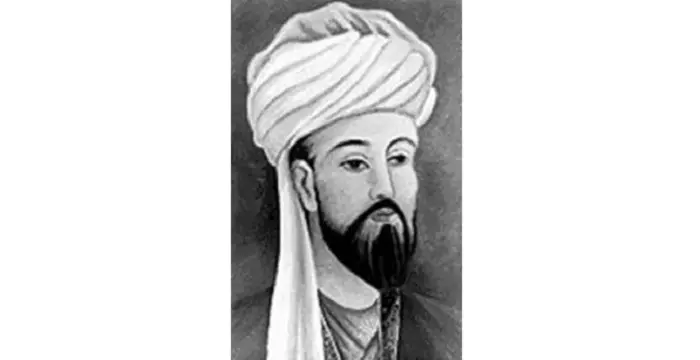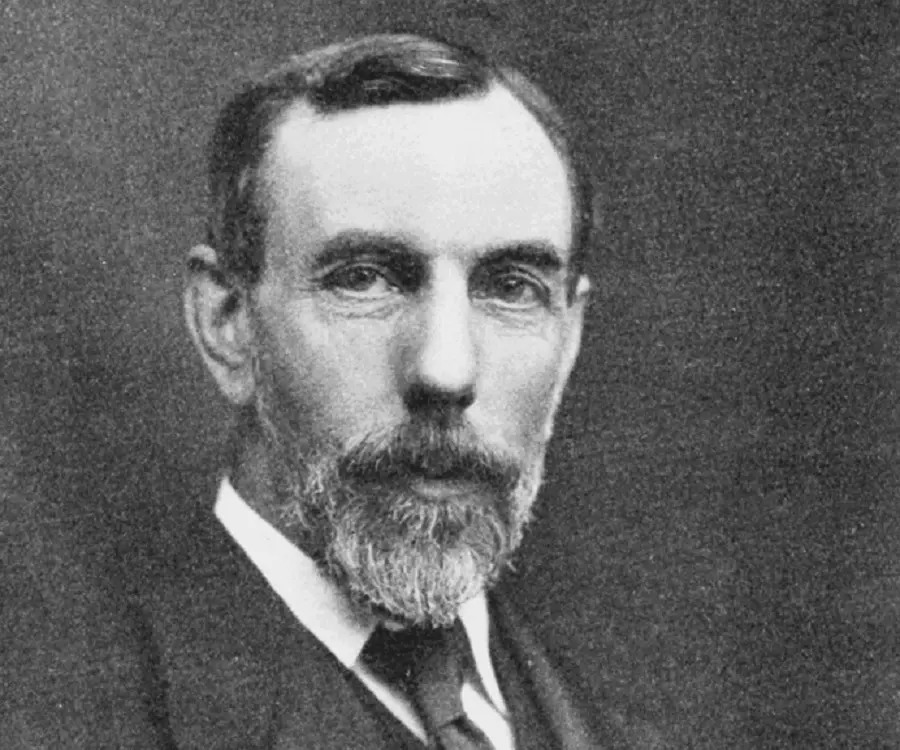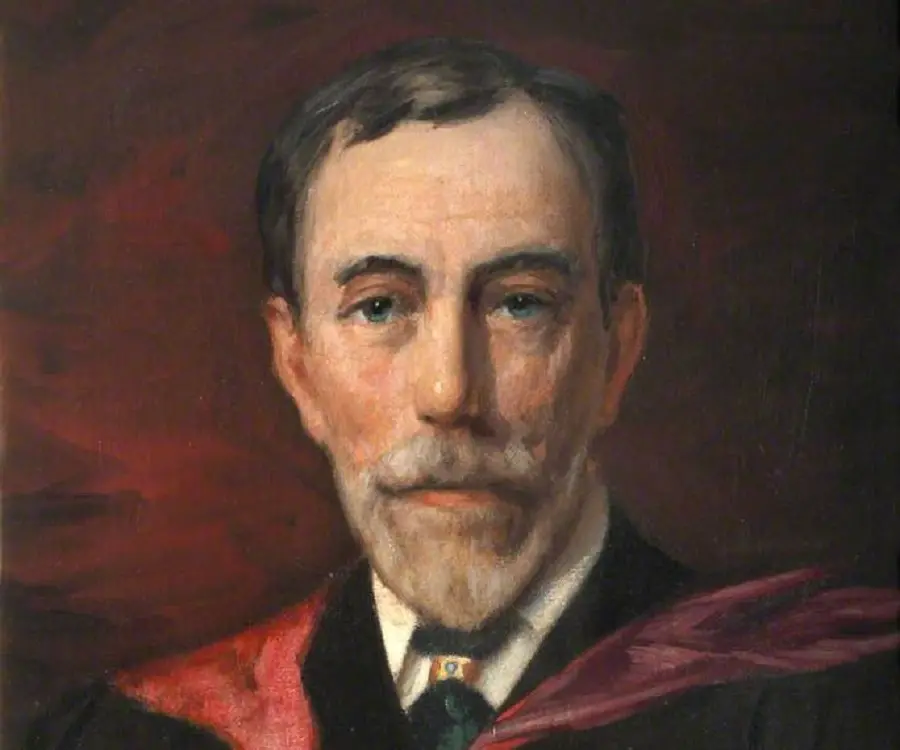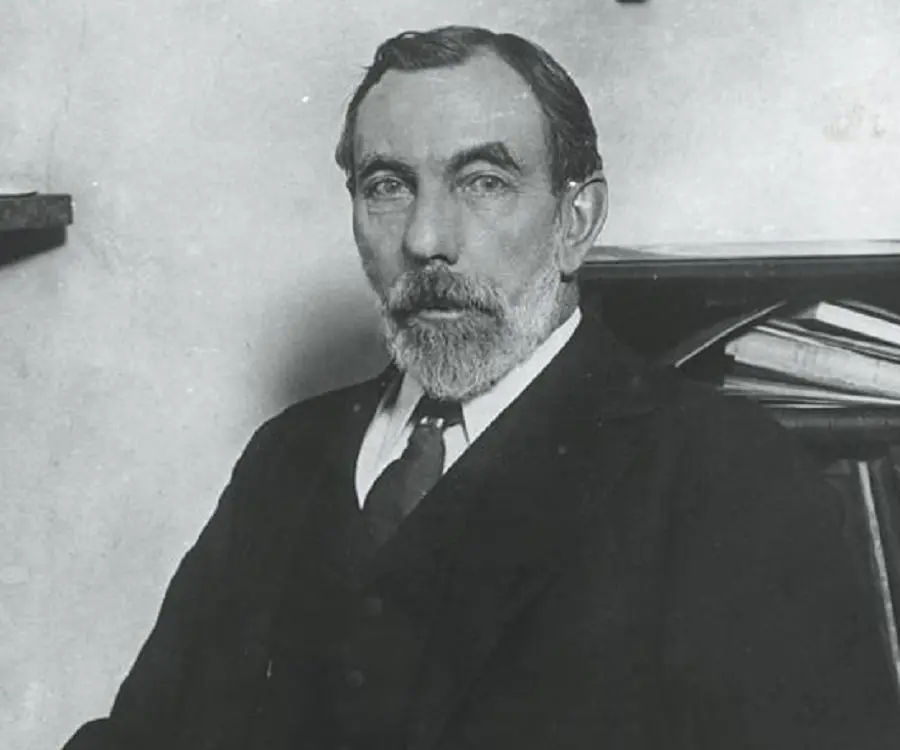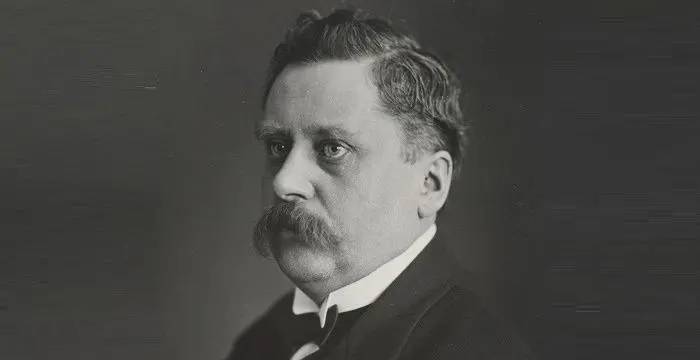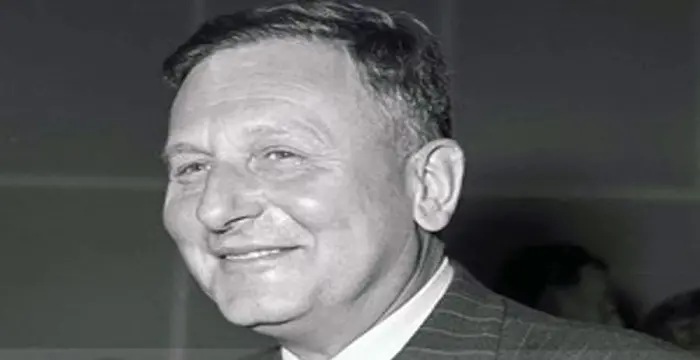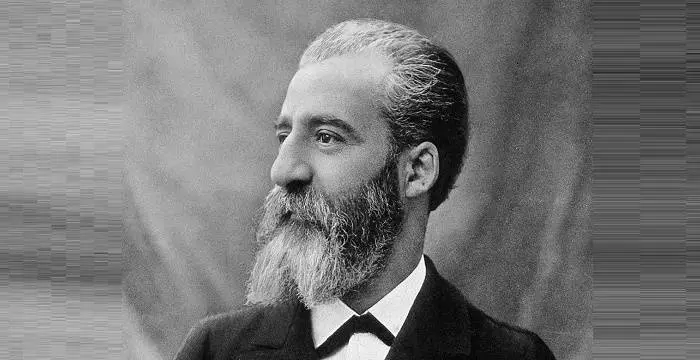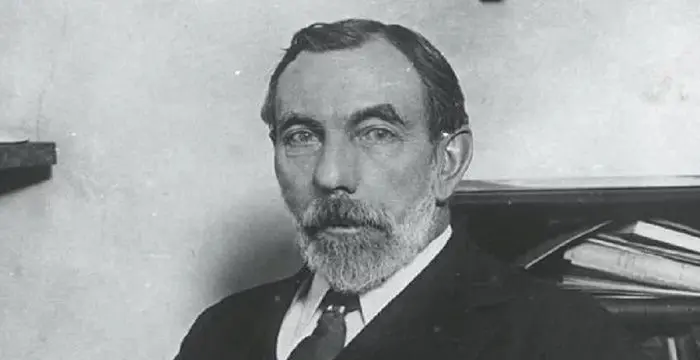
William Ramsay - Inorganic Chemists, Life Achievements and Childhood
William Ramsay's Personal Details
William Ramsay was a Nobel Prize winning chemist who discovered the ‘noble gases’
| Information | Detail |
|---|---|
| Birthday | October 2, 1852 |
| Died on | July 23, 1916 |
| Nationality | British |
| Famous | Scientists, Chemists, Inorganic Chemists |
| Known as | Sir William Ramsay |
| Universities |
|
| Birth Place | Glasgow |
| Gender | Male |
| Sun Sign | Libra |
| Born in | Glasgow |
| Famous as | Chemist |
| Died at Age | 63 |
// Famous Chemists
Henry Cavendish
Henry Cavendish was a theoretical chemist and physicist, renowned for discovery of hydrogen and calculation of the mass of earth. To know more about his childhood, profile, timeline and career read on
Walter Kohn
Nobel Laureate Walter Kohn was an Austrian-born American theoretical chemist and physicist. Check out this biography to know about his childhood, life, achievements, works & timeline.
Jabir Ibn Hayyan
Jabir Ibn Hayyan was a medieval era polymath. Check out this biography to know about his life, works and achievements.
William Ramsay's photo
Who is William Ramsay?
William Ramsay was a renowned Chemist who lived in Britain and made significant contribution in discovering the inert components in the earth’s atmosphere. He started his scientific career while in university where he studied the properties of toluic acids thus earning a doctorate. He then embarked on an academic career wherein he worked in association with great minds like John William Strutt, who would later become his collaborator in his most important discovery of noble gases. Following the discovery of argon, William set about identifying other inert elements. He successfully identified the elements xenon, neon and krypton present in the atmosphere. He also studied the radioactive decay of radium and made a significant discovery. He concluded that helium that was earlier believed to exist only on the surface of sun was produced during the radioactive decay of radium along with argon. This discovery was a major breakthrough and he was awarded a Nobel Prize in Chemistry. He also dabbled with possibility of extracting gold from sea water, an attempt that proved futile. Throughout his career Ramsay made several notable discoveries in the field of inorganic chemistry, which were related to studies of picoline and quinine alkaloids. He also studied stoichiometry and thermodynamics along with his research on properties of solutions of metals. Read on to know more about his life and works
// Famous Inorganic Chemists
Alfred Werner
Alfred Werner was a Swiss chemist and the founder of coordination chemistry. This biography of Werner provides detailed information about his childhood, life, research, work, achievements and timeline.
Paul Hermann Müller
Paul Hermann Muller was a Swiss Chemist who won the Nobel Prize in Physiology or Medicine for his discovery of a form of DDT. This biography profiles his childhood, life, research, achievements and timeline.
Henri Moissan
Ferdinand Frederick Henri Moissan was a French Chemist who won the Nobel Prize in Chemistry in 1936. Check out this biography to know about his childhood, life, achievements, works & timeline.
Childhood & Early Life
William Ramsay born on October 2, 1852, was named after his father who was an engineer by profession in Glasgow, Scotland. His mother was Catherine Robertson and Ramsay’s uncle was famous geologist Andrew Ramsay.
William completed his early education from his native town in the ‘Glasgow Academy’ and after studying briefly at the ‘University of Glasgow’ in 1870 he moved to the ‘University of Tübingen’ for his doctorate studies.
Working on his dissertation ‘Investigations in the Toluic and Nitrotoluic Acids’ under renowned chemist Wilhelm Rudolph Fittig he earned a doctorate in philosophy in 1872.
Career
After completing his studies he returned to Glasgow and accepted the position of a research assistant in the chemistry department of ‘Andersen College’.
In 1879 he moved to the ‘University College of Bristol’ when he was offered the post of Professor. He taught chemistry to the students and even continued his research on the subjects.
The year 1881 was important milestone in his academic career as he was designated as the Principal of ‘University College of Bristol’.
However the most important turn in his career came when he joined the ‘University College London’ as the successor of Alexander Williamson. Presiding over the chair of Chemistry in the institution, he made numerous significant discoveries during his tenure.
Some of the earliest researches he conducted were on oxides of nitrogen that were published between the years1885-90.
In 1894, he was introduced to the works of John William Strutt, who was working on isolating components of air. While one such experiment John had noted that there existed a difference between the densities of isolated nitrogen when compared to chemically synthesized nitrogen.
In August the same year, Ramsay who maintained steady correspondence with Strutt, mentioned his discovery of inert gas argon. He attributed the difference in weight of isolated nitrogen and chemically synthesized nitrogen to this chemically unreactive gas.
He then collaborated with Morris William Travers during the years 1895-1898, to discover several other inert gasses like xenon, neon and krypton present in the atmosphere. In other studies Ramsay conducted during 1903 led to discovery that the inert gas helium which was believed to exist only in the sun’s interior also existed in the Earth’s interior. Helium along with another inert gas radon, were the by-products formed continuously during the radioactive decay of radium.
Ramsay’s achievement received due appreciation and the eminent chemist was awarded a Nobel Prize in 1904.
His reputation was wide-spread and when this eminent chemist was approached to suggest a location for setting up the ‘Indian Institute of Science’ he named Bangalore. His close friend and colleague Morris William Travers was made the founding director of the institute.
Between the years 1911-1912, he presided over the ‘British Science Association’.
Major Works
Ramsay’s most important contribution in the field of chemistry was the discovery of inert gases or noble gases which comprise the Group 18 of the periodic table of chemical elements. The discovery led to the use of helium as an alternative to hydrogen in lighter than air craft and use of other noble gases like argon in filament bulbs.
Awards & Achievements
The erudite scientist was a recipient of the ‘Davy Medal’ presented by the ‘Royal Society of London’ in the year 1895.
William Ramsay was awarded the ‘Nobel Prize in Chemistry’ for his distinguished service to the field of inorganic chemistry in the year 1904. The discovery of argon led to a new era in the field.
Personal Life & Legacy
William exchanged nuptial vows with Margaret Johnstone Marshall Buchanan and the couple had two children, Catherine Elska and William George.
The visionary chemist breathed his last on July 23, 1916, after battling nasal cancer in Buckinghamshire, England. He was interred at the parish church of Hazlemere.
// Famous Scientists
Juliane Koepcke
Juliane Koepcke is a German-Peruvian biologist, who was the lone survivor among the 92 passengers and crew of the ill-fated LANSA Flight 508 that crashed in the Peruvian rainforest on 24 December 1971. Know more about her life in this biography.
Henry Cavendish
Henry Cavendish was a theoretical chemist and physicist, renowned for discovery of hydrogen and calculation of the mass of earth. To know more about his childhood, profile, timeline and career read on
Konstantin Tsiolkovsky
Konstantin Tsiolkovsky was a Russian rocket scientist and a pioneer of astronautics. This biography provides detailed information about his childhood, family, personal life, career, achievements, etc.
William Ramsay's awards
| Year | Name | Award |
|---|---|---|
Other | ||
| 0 | 1904 - Nobel Prize in Chemistry | |
| 0 | Elliott Cresson Medal | |
William Ramsay biography timelines
- // 2nd Oct 1852William Ramsay born on October 2, 1852, was named after his father who was an engineer by profession in Glasgow, Scotland. His mother was Catherine Robertson and Ramsay’s uncle was famous geologist Andrew Ramsay.
- // 1870William completed his early education from his native town in the ‘Glasgow Academy’ and after studying briefly at the ‘University of Glasgow’ in 1870 he moved to the ‘University of Tübingen’ for his doctorate studies.
- // 1872Working on his dissertation ‘Investigations in the Toluic and Nitrotoluic Acids’ under renowned chemist Wilhelm Rudolph Fittig he earned a doctorate in philosophy in 1872.
- // 1879In 1879 he moved to the ‘University College of Bristol’ when he was offered the post of Professor. He taught chemistry to the students and even continued his research on the subjects.
- // 1881The year 1881 was important milestone in his academic career as he was designated as the Principal of ‘University College of Bristol’.
- // 1885 To 1890Some of the earliest researches he conducted were on oxides of nitrogen that were published between the years1885-90.
- // 1894In 1894, he was introduced to the works of John William Strutt, who was working on isolating components of air. While one such experiment John had noted that there existed a difference between the densities of isolated nitrogen when compared to chemically synthesized nitrogen.
- // 1895The erudite scientist was a recipient of the ‘Davy Medal’ presented by the ‘Royal Society of London’ in the year 1895.
- // 1904Ramsay’s achievement received due appreciation and the eminent chemist was awarded a Nobel Prize in 1904.
- // 1904William Ramsay was awarded the ‘Nobel Prize in Chemistry’ for his distinguished service to the field of inorganic chemistry in the year 1904. The discovery of argon led to a new era in the field.
- // 1911 To 1912Between the years 1911-1912, he presided over the ‘British Science Association’.
- // 23rd Jul 1916The visionary chemist breathed his last on July 23, 1916, after battling nasal cancer in Buckinghamshire, England. He was interred at the parish church of Hazlemere.
// Famous Libra Celebrities peoples
Melissa Brim
Melissa Brim is the ex-girlfriend of former professional boxer Floyd Mayweather Jr. Check out this biography to know about her birthday, childhood, family life, achievements and fun facts about her.
Jacob Tremblay
Jacob Tremblay is a Canadian child actor. Let’s have a look at his family & personal life including age, birthday, relationships, net worth and fun facts.
Sierra Furtado
Check out all that you wanted to know about Sierra Furtado, the famous YouTube Personality; her birthday, her family and personal life, her boyfriend, fun trivia facts and more.
Sexxy Lexxy
Alexis Smith Walker, popularly known as Sexxy Lexxy, is an African-American singer. Check out this biography to know about her birthday, childhood, family life, achievements, and fun facts about her.
Benjamin Keough
Benjamin Keough is an American socialite who is best known as the grandson and look-alike of legendary musician Elvis Presley.
Lizzie LDShadowLady
Check out all that you wanted to know about Lizzie LDShadowLady, the famous YouTuber and gamer; her birthday, her family and personal life, her boyfriend, fun trivia facts and more.
William Ramsay's FAQ
What is William Ramsay birthday?
William Ramsay was born at 1852-10-02
When was William Ramsay died?
William Ramsay was died at 1916-07-23
Where was William Ramsay died?
William Ramsay was died in High Wycombe
Which age was William Ramsay died?
William Ramsay was died at age 63
Where is William Ramsay's birth place?
William Ramsay was born in Glasgow
What is William Ramsay nationalities?
William Ramsay's nationalities is British
What was William Ramsay universities?
William Ramsay studied at University of Glasgow, University of Tübingen, University of Strathclyde, The Glasgow Academy
What is William Ramsay's sun sign?
William Ramsay is Libra
How famous is William Ramsay?
William Ramsay is famouse as Chemist

